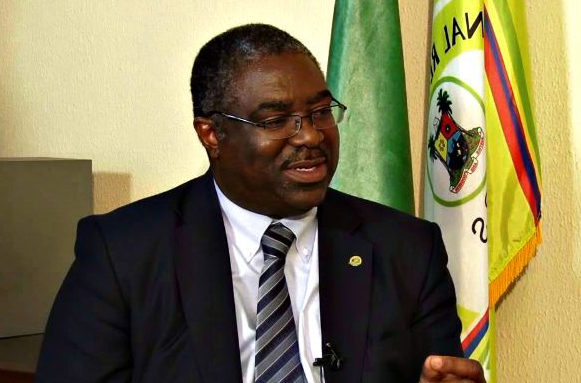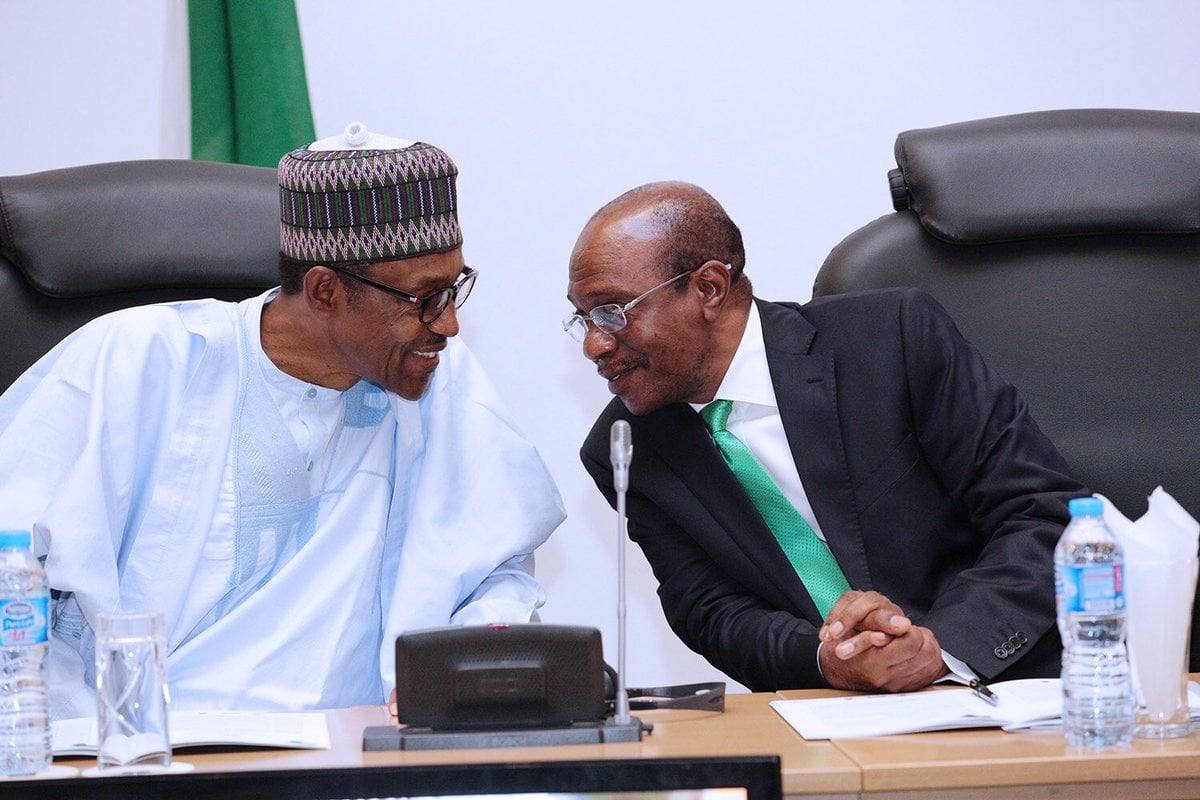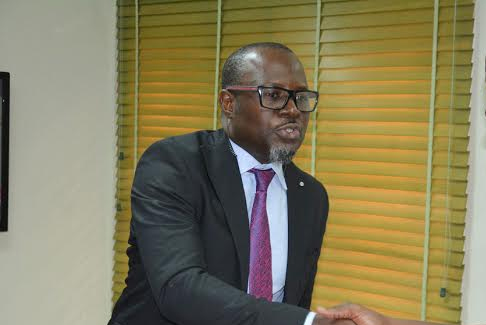Tunde Fowler, executive chairman of the Federal Inland Revenue Service (FIRS), has appealed to leaders on the continent to grant autonomy to revenue authorities.
Speaking at a seminar organised by the Tax Administration Forum and International Monetary Fund (ATAF-IMF) in Cape Town, South Africa, Fowler said the future of tax administration in Africa is bright.
He said autonomy would enable revenue authorities strengthen their institutions and prime them to generate more incomes for their countries.
Fowler, who mid-wifed the autonomy of Lagos Internal Revenue Service (LIRS), said the autonomy of the Nigeria’s tax authorities have triggered a surge in revenue collection.
Advertisement
“Clearly, revenue authorities across Africa have the potentials to generate funding for their respective governments and they will perform better if they are allowed to fully be in charge of their day-to-day operations and empowered to hire staff, pay competitive salaries and provide regular training for staff,” he said.
“The compelling evidence from Nigeria’s experience is that wherever revenue authorities have been granted operational, administrative and financial autonomy and allowed to operate with minimal civil service bureaucratic encumbrances, revenue administration has been enhanced and tax collection performance has gone up significantly.
“Autonomous revenue authorities with independent boards have proven to be beneficial for the actualisation of their mandate to generate funding that government require for projects and programmes.”
Advertisement
Fowler explained that revenue grew from N1.846 trillion in 2007 when FIRS was granted autonomy to an average of over N4.5 trillion in 2015.
He said in the Nigerian experience, the falling revenues from oil in the 1990s, prompted government to focus more on tax revenue generation, by adopting series of tax reforms initiatives.
He noted that owing to years of neglect due to government’s focus on revenues from oil, tax administration operated at less than optimal levels.
He identified some of the challenges facing FIRS as: “operating under the ministry of finance with the attendant bureaucratic encumbrances, absence of financial and administrative autonomy, existence of leakages in revenue collection due to lack of transparency and corrupt practices by some tax officials and taxpayers.
Advertisement
Others are; “low staff morale as a result of poor remuneration and poor working conditions of tax officials; manual means of tax operations/low usage of Information and Communication Technology (ICT); neglect of taxpayer education and absence of quality service delivery and inadequate human resources and skills as a result of inadequate training”.
Add a comment






